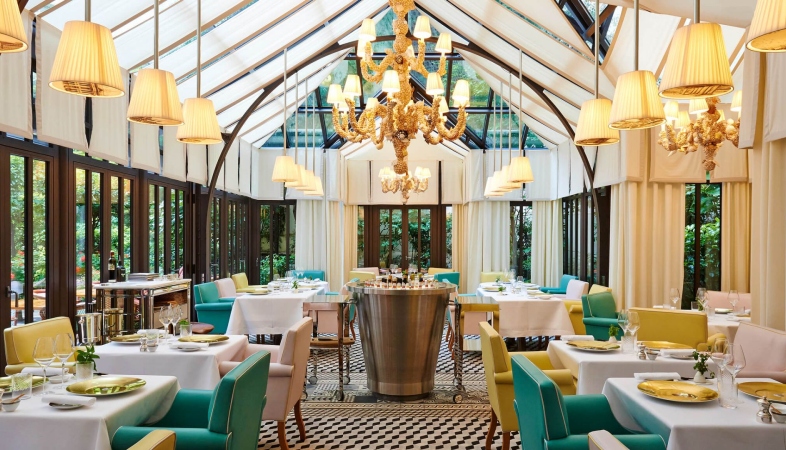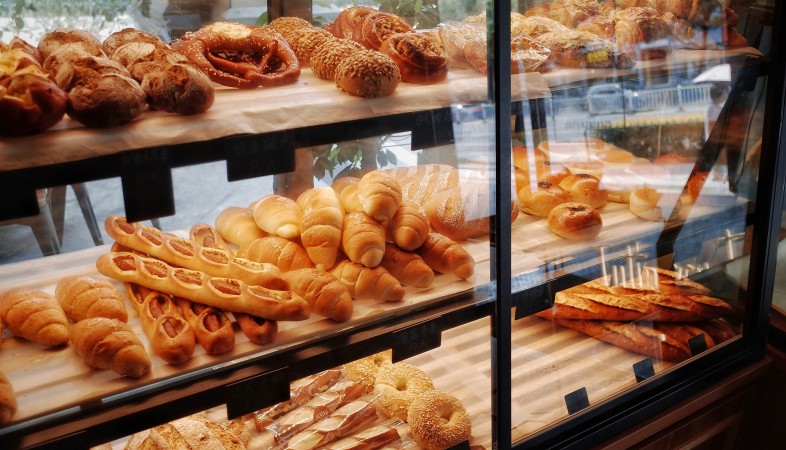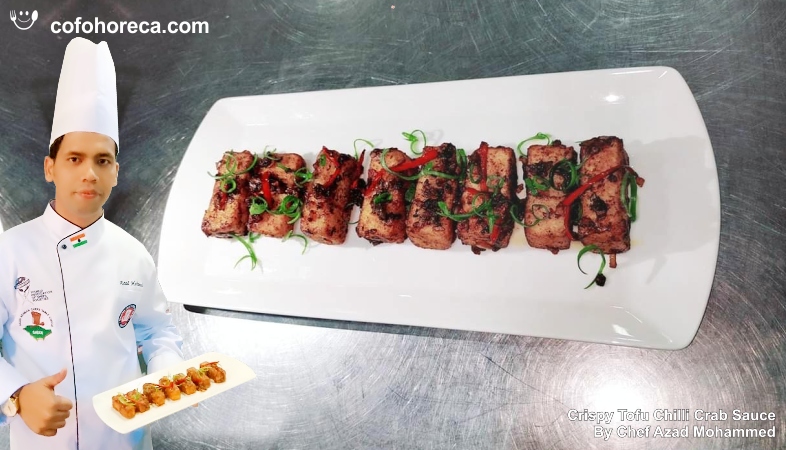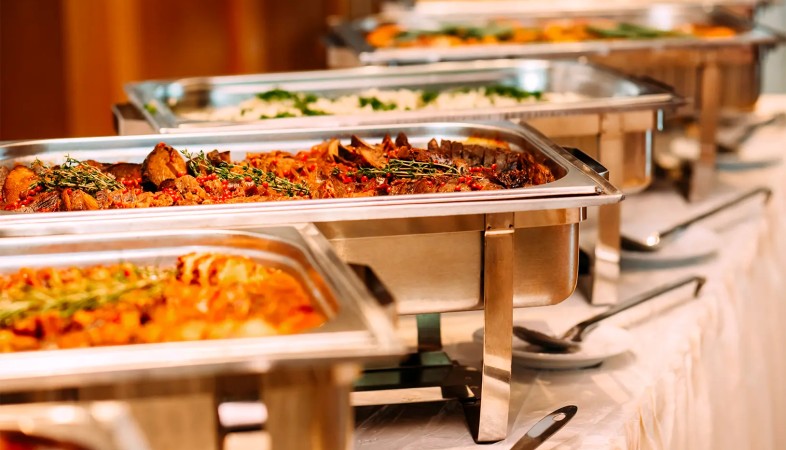The Power of Storytelling in Restaurant Branding: Connecting with Customers on a Deeper Level
By effectively communicating their unique stories, values, and visions, restaurants can forge deeper connections with customers, differentiate themselves in a crowded marketplace, and build lasting loyalty and advocacy.
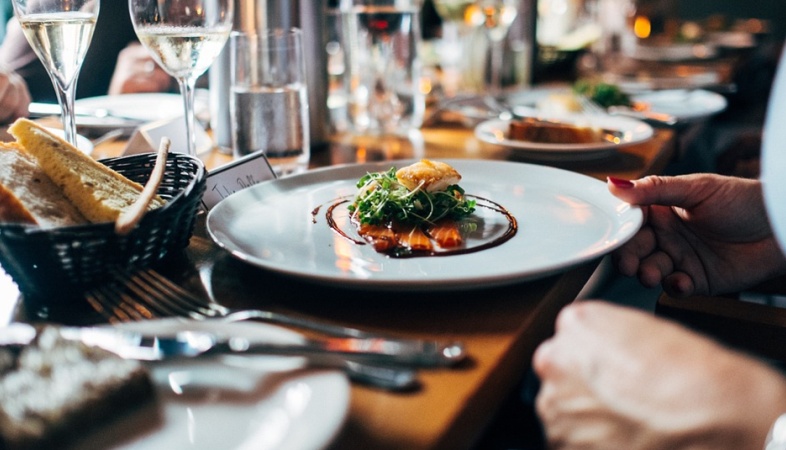
In today's competitive restaurant industry, creating a
memorable and meaningful brand is essential for standing out and attracting
loyal customers. While factors such as menu offerings and service quality
certainly play a role, one of the most powerful tools in a restaurant's
branding arsenal is storytelling. By effectively communicating their unique
story, values, and ethos, restaurants can forge deeper connections with
customers and differentiate themselves in a crowded marketplace.
Storytelling has been a fundamental aspect of human communication since ancient times, serving as a way to convey information, share experiences, and evoke emotions. In the context of restaurant branding, storytelling involves crafting a narrative that encapsulates the restaurant's history, inspiration, and vision, giving customers insight into what sets the establishment apart and why they should choose to dine there.
One of the key elements of effective storytelling in restaurant branding is authenticity. Customers are increasingly drawn to restaurants with genuine stories and transparent values, rather than those that rely solely on gimmicks or trends. Whether it's a family-owned trattoria with recipes passed down through generations or a farm-to-table bistro committed to sustainability and local sourcing, authenticity breeds trust and loyalty among customers who appreciate the restaurant's genuine commitment to its narrative.
Another important aspect of storytelling in restaurant branding is emotional resonance. By tapping into universal themes such as nostalgia, community, or adventure, restaurants can evoke powerful emotions that resonate with customers on a deeper level. For example, a restaurant that celebrates the flavors of a particular region or culture may transport diners to distant lands with tales of culinary traditions and exotic ingredients, fostering a sense of exploration and discovery.
Furthermore, storytelling allows restaurants to differentiate themselves in a competitive market by highlighting their unique selling points and value propositions. Whether it's a chef's personal journey, a commitment to sustainability, or a dedication to supporting local artisans and producers, every restaurant has a story to tell that sets it apart from the rest. By articulating these stories effectively through branding materials, menus, and social media channels, restaurants can attract like-minded customers who share their values and beliefs.
In addition to attracting customers, storytelling in restaurant branding also plays a crucial role in building brand loyalty and advocacy. When customers feel a genuine connection to a restaurant's story and values, they are more likely to become repeat patrons and enthusiastic advocates, sharing their positive experiences with friends, family, and followers. This word-of-mouth marketing can be incredibly powerful in driving awareness and attracting new customers to the restaurant.
The power of storytelling in restaurant branding cannot be overstated. By effectively communicating their unique stories, values, and visions, restaurants can forge deeper connections with customers, differentiate themselves in a crowded marketplace, and build lasting loyalty and advocacy. Whether it's through authentic narratives, emotional resonance, or highlighting unique selling points, storytelling has the ability to elevate a restaurant's brand and create memorable experiences that keep customers coming back time and time again.
.png)



